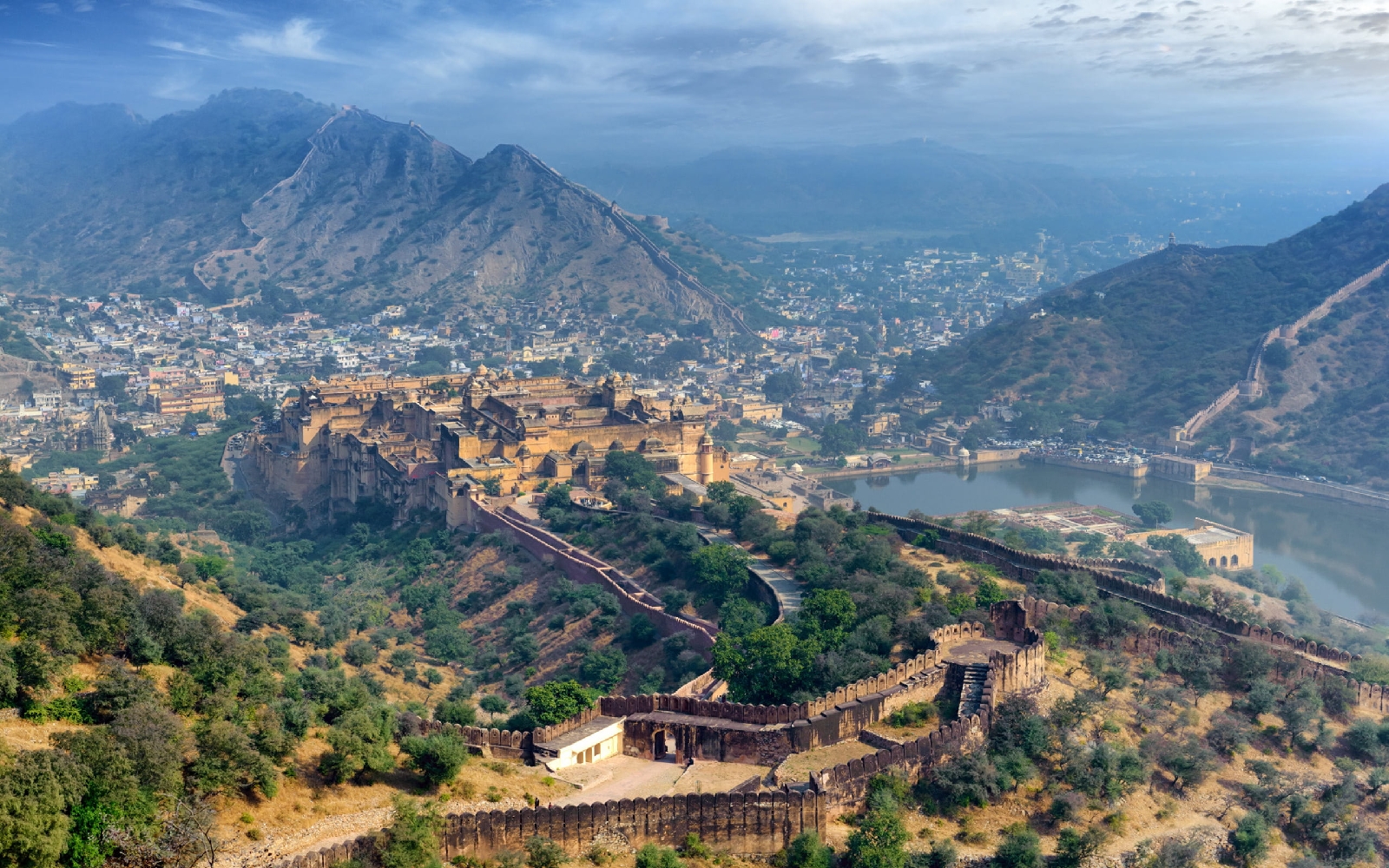Dr. Babasaheb Ambedkar: The Beacon of Social Equality and Architect of Modern India
Dr. Babasaheb Ambedkar, born on April 14, 1891, in the town of Mhow, Madhya Pradesh, was a visionary social reformer, jurist, and politician who dedicated his life to fighting against social discrimination and championing the cause of the oppressed. From his early years, Ambedkar faced the harsh reality of caste-based discrimination as a member of the Mahar caste, considered untouchable in the traditional Hindu caste system. However, his remarkable journey from facing social ostracism to becoming one of the most influential figures in India's history is a testament to his unwavering determination and intellectual brilliance.
Ambedkar's early education provided him with the foundation for his lifelong pursuit of knowledge and justice. Despite facing immense adversity, he displayed exceptional academic prowess, earning a scholarship to attend Elphinstone College in Bombay (now Mumbai). He further pursued his education at Columbia University and the London School of Economics, where he gained exposure to Western education and progressive ideas that would shape his perspective on social equality and justice.
Returning to India in the early 1920s, Dr. Ambedkar emerged as a prominent leader and advocate for the rights of the marginalized sections of society. He founded several organizations, including the Bahishkrit Hitakarini Sabha (Outcastes Welfare Association), which aimed to uplift the socially oppressed. Ambedkar fearlessly critiqued the caste system, highlighting its inherent injustices and advocating for its eradication. His influential writings, such as "Annihilation of Caste," exposed the deep-rooted inequalities that plagued Indian society.
As India's struggle for independence intensified, Dr. Ambedkar actively participated in the freedom movement. Initially aligned with the Indian National Congress, he later became disillusioned with the party's approach towards addressing the concerns of the marginalized communities. In 1936, Ambedkar founded the Independent Labour Party, which later transformed into the Scheduled Castes Federation, representing the interests of the oppressed classes.
Ambedkar's most significant contribution came in the form of his role as the principal architect of the Indian Constitution. Appointed as the Chairman of the Drafting Committee, he played a crucial role in shaping the constitutional framework of independent India. His vision and unwavering commitment to social justice ensured that the Constitution incorporated provisions to abolish untouchability, provide reservations for marginalized communities, and safeguard fundamental rights for all citizens.
Beyond his contributions to law and politics, Dr. Babasaheb Ambedkar advocated for the empowerment of women, labor rights, and the overall upliftment of society. He recognized the intersectionality of social issues and worked tirelessly to address them. His work laid the foundation for significant social reforms in India and brought about a paradigm shift in the country's social fabric.
Dr. Ambedkar's legacy continues to inspire generations. His teachings on social equality, justice, and empowerment remain relevant and guide the ongoing struggle against discrimination. His vision of an inclusive society, free from the shackles of caste-based hierarchy, continues to shape India's pursuit of equality and social progress.
Dr. Babasaheb Ambedkar's journey, from a victim of discrimination to a transformative leader, is a testament to his indomitable spirit, intellectual brilliance, and unwavering commitment to social justice. His life and work serve as a constant reminder of the ongoing fight for equality and the immense power of determination and education in creating a more just and inclusive society.



Comments
Post a Comment